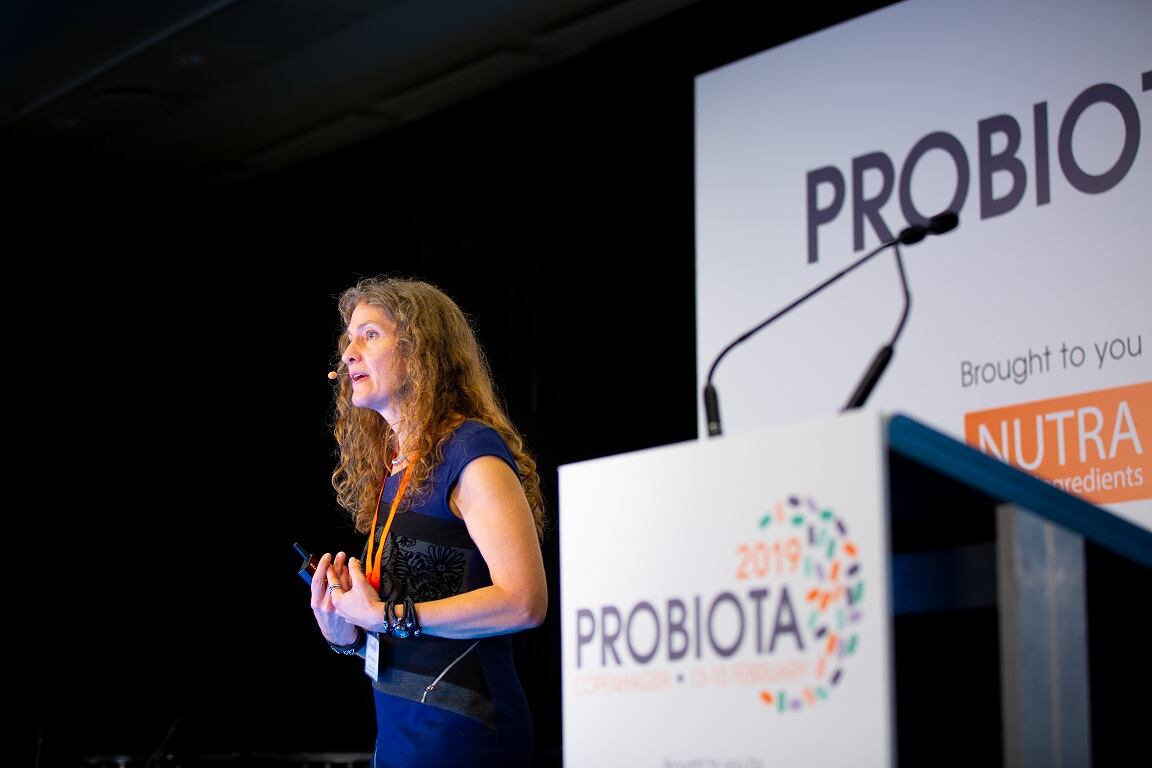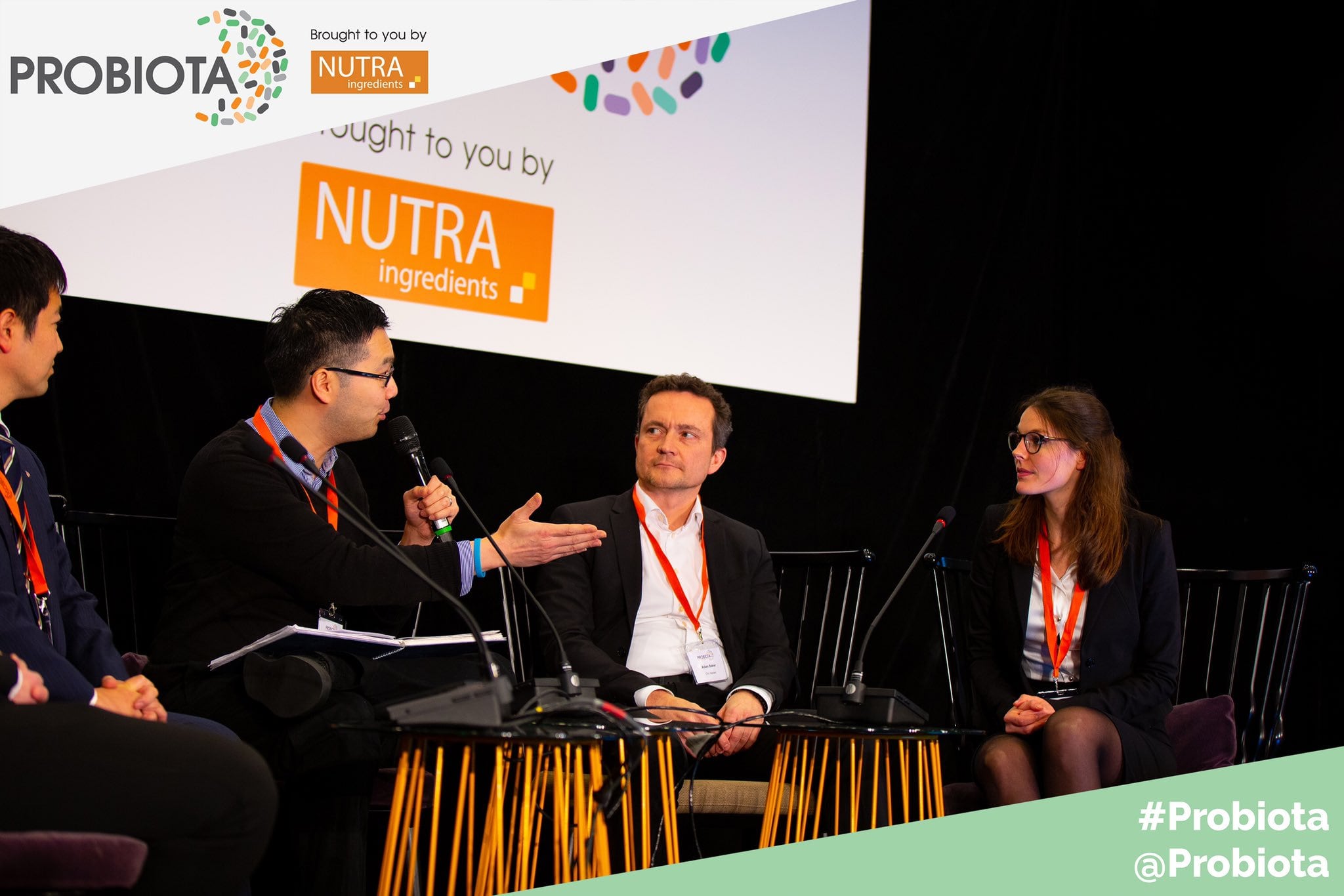Professor Glenn Gibson thinks that prebiotics may be able to address the health consequences arising as a result of high-fat diet-induced defects of glucose metabolism leading to the chronic conditions.

“There is a lot of research in this area happening now,” he told NutraIngredients. “Influences upon calorie levels, appetite regulation and satiety are all under investigation."
“The studies are showing a lot of promise with the advantage that prebiotics are straightforward to take. The key is to identify which ones, how much and when to use them,” adds Professor Gibson, who is scheduled to appear at this year’s Probiota in Dublin, Ireland.
Emerging evidence reveals supplementation in the diet of microorganism genera, such as Lactobacillus, Bifidobacterium, Saccharomyces, Streptococcus, and Enterococcus, may play a role in prevention or management of obesity.
Although their beneficial effects on the appetite regulation and obesity-related metabolic parameters have been suggested, there is still no conclusive evidence supporting dietary prebiotics for obesity management.
Inconsistent studies
Critics argue that a lack of consensus across different studies have contributed to an inconsistency in results with differences in the composition and function of gut microbiota remaining a challenge in this burgeoning sector.
However, Gibson, a professor of food microbiology and head of food microbial sciences at Reading University, disagrees drawing upon his experiences to state his surprise at how reproducible human studies have been with prebiotics.
“Variability has arisen in some limited regards because of different techniques being used to assess the microbiota composition - many of these are not quantitative and that gets often ignored.
“To me, it is important that the field moves more towards the functional consequences or prebiotic use, including health biomarker or symptoms where relevant.
“If we can then tally this to microbiota changes it then helps mechanistic understanding of effects. On the issue of personalisation, this implies to me that each individual has a different pro/prebiotic need but this is not feasible or even necessary.
“Variations at the population level is more rational and that could happen e.g. different age groups, disease susceptibility, lifestyle.”
Along with obesity and diabetes, Dr Gibson is adamant that supplementation with prebiotics is not only useful for select populations, but as a dietary ingredient is a component that should be included as part of a healthy diet.
“A lot of what prebiotics are about is prophylactic, so arguably they are for everyone,” he explains.
“But, certain populations may have increased needs, where the microbiota is compromised. The elderly is one example as is people taking antibiotics and those at risk of gut mediated disorder.”
Prebiotic foods or supplements?
Manufacturers are looking to capitalise on the growth of the prebiotic sector and the more established market for supplement products that combine prebiotics and probiotics.
But for Professor Gibson, does he think a ‘food first approach’ in which functional foods are the platform, represent a better strategy to help people consume substances that are good for gut health?
“Both are to be supported,” he says. “However, it can be difficult to achieve a prebiotic through natural foods only, as the dose is low.
“Also, some prebiotics like GOS are not present in everyday foods. So, supplements do have a role too.
“Having said that, the foods that contain inulin, a known prebiotic, are essentially "healthy" for other reasons too e.g. fruits and vegetables.”
Professor Gibson’s presentation: “Prebiotics as modulators of the gut microbiome and associated health consequences,” is scheduled for day two of the event (11 February) at 11:00am.

The rapidly evolving universe of probiotics, prebiotics and the microbiome will be propelled into the new decade at the upcoming Probiota 2020 summit in Dublin on February 10-12.
From advances in microbiome research, to start-up game changers, key market stats, crucial clinical science and regulatory knowledge, attendance is a must-have for those in the prebiotic, probiotic and microbiome sectors.
Will you be joining your peers in one of the world’s greatest cities?




